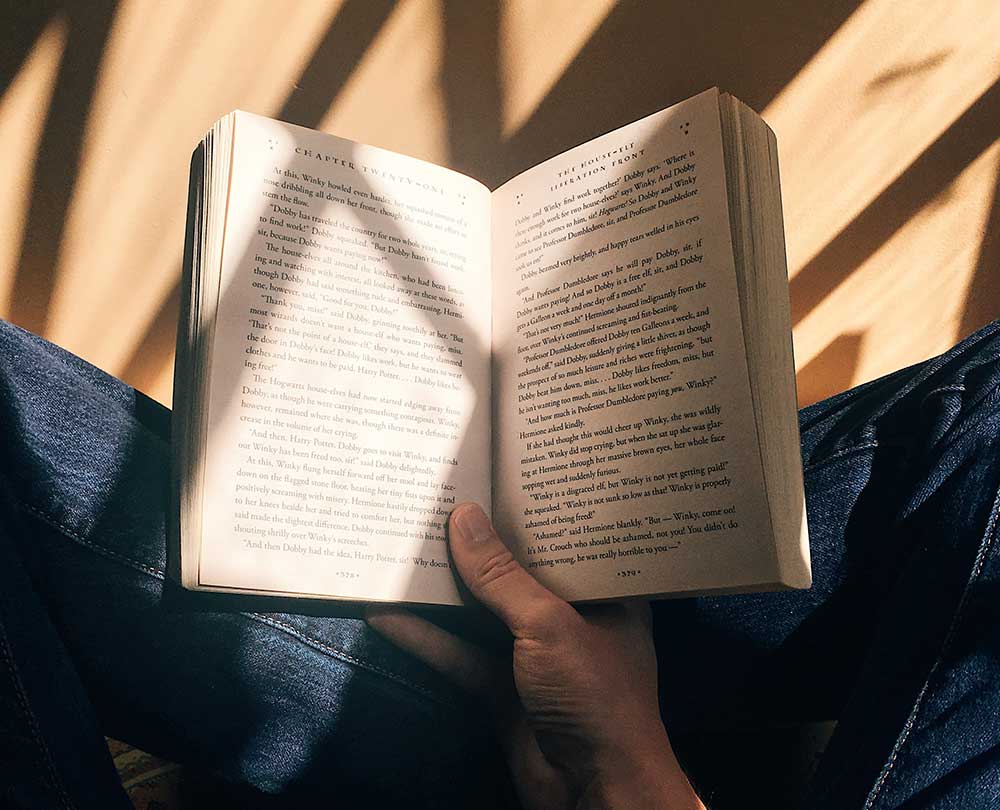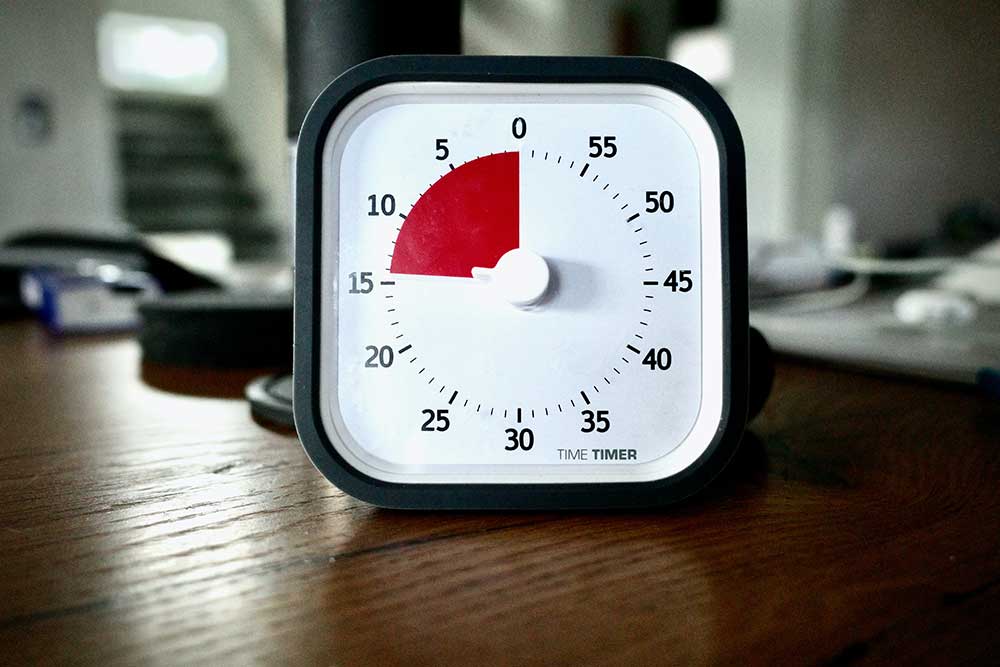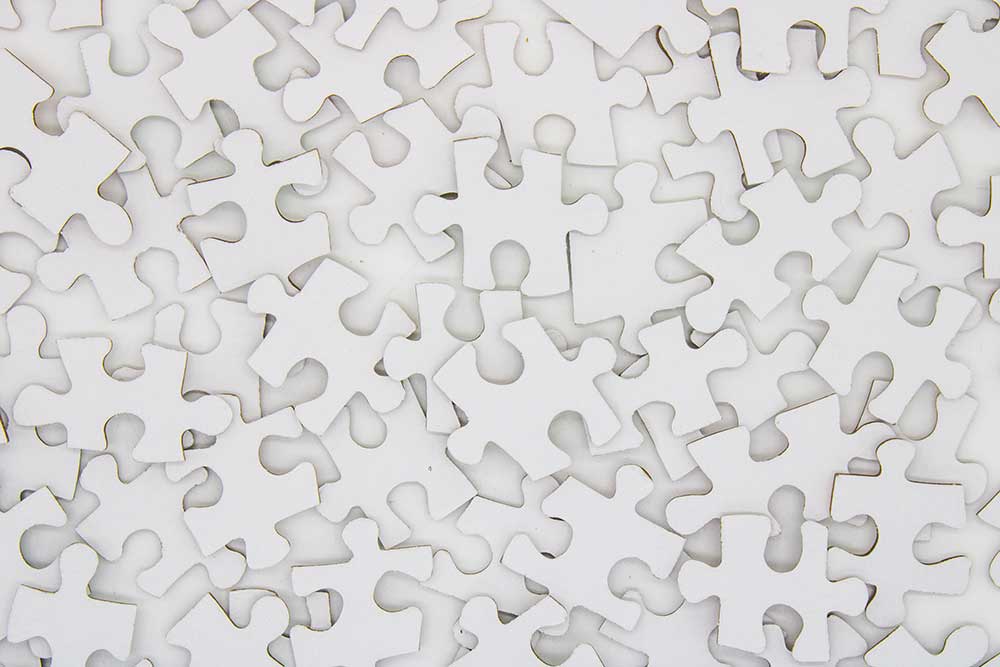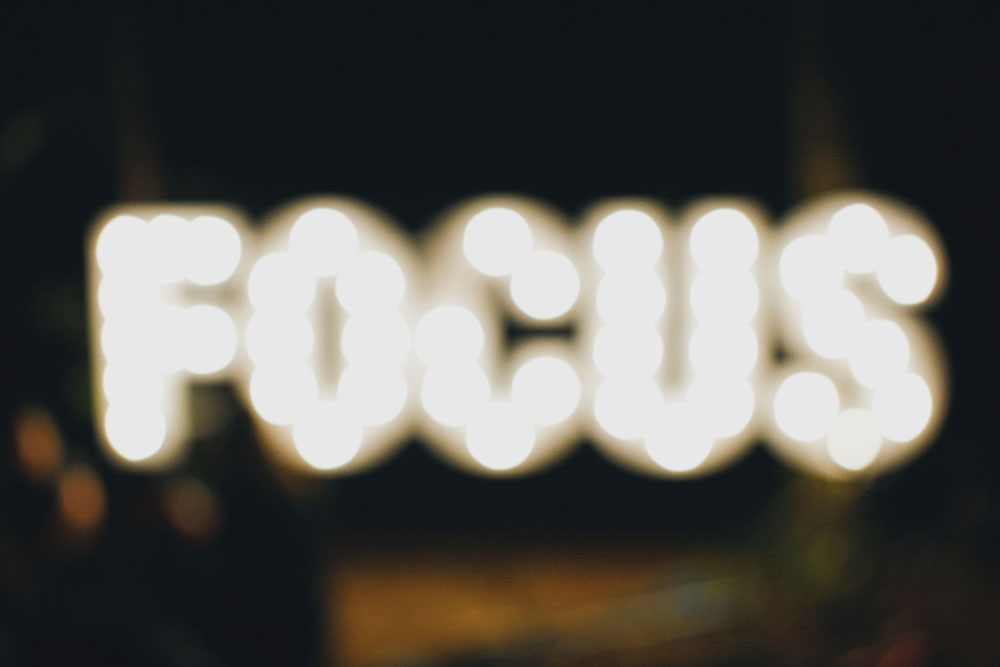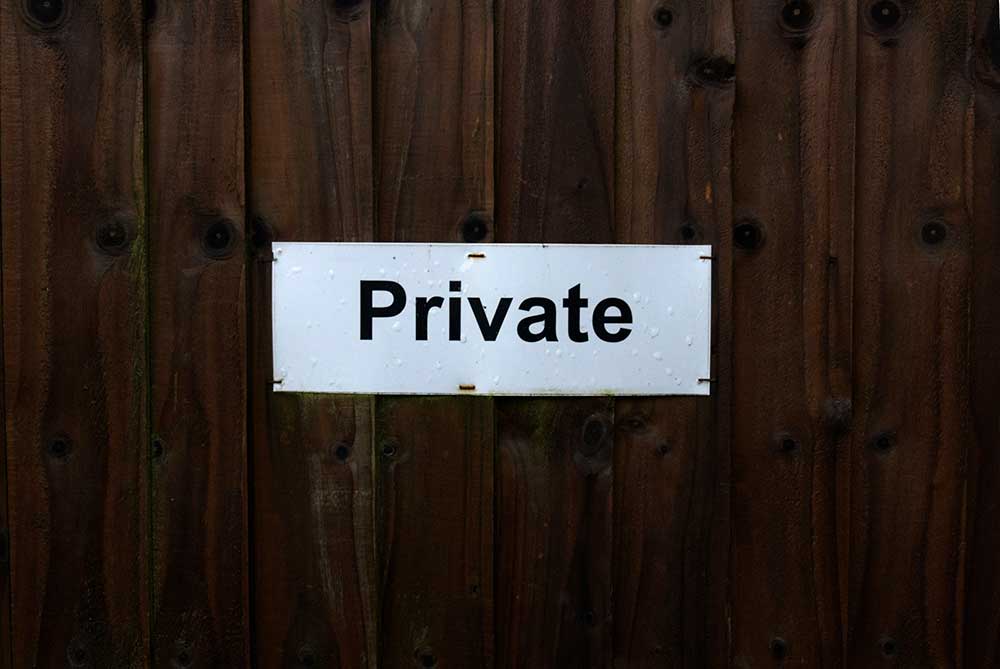You may have heard about strategic thinking in the business world but how about a brief explanation of how it relates to day to day? Journalists talk about the importance of business, non-profits and government agencies using strategic thinking. But what is this particular form of thinking and how can it be useful to you in your personal life? In other words, why should you care?
Strategic thinking involves planning how to achieve a goal or goals. At the same time, taking into account the actions needed, the resources available, and the obstacles that may come up. It involves a lot of planning and forethought to help make attaining the goals more likely.
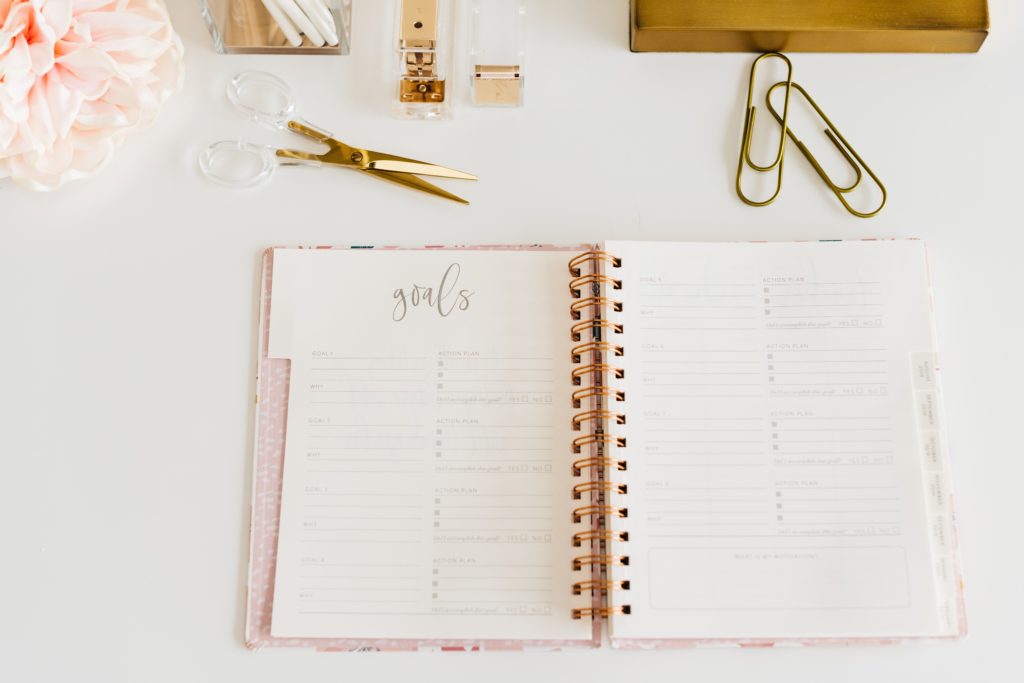
It should be obvious why strategic thinking is beneficial to businesses and other large organisations. Complex goals are difficult to achieve even without thorough planning. Strategic thinking is vital for a business and its management if there is any hope of reaching the goals in question.
The same is also true for your personal life. A personal goal might not be as complex as that of a multinational corporation or a university. It does not mean though, that it is not difficult to achieve. It might be much harder, in fact, given that most people do not have significant time and resources, never mind those available to even a small company!
Most people go after their goals haphazardly. They decide what they want to do and pick the first path that seems as if it will take them there. They don’t create a plan or decide how best to use their resources, much less what to do when a roadblock occurs.
The result is that most goals are abandoned long before the person gets anywhere near achieving them. Do you sometimes get frustrated when something is not working? Perhaps give up or shift your focus to something else? This happens so often for many of us, that we almost come to expect it.
Strategic thinking, when applied to personal goals, increases the odds of reaching those goals manyfold. It is first and foremost about planning and being deliberate in what you do. Not just selecting the first option that presents itself. If this sounds a bit too complicated right now, then don’t worry. Maybe you feel that brain fog would make this task too difficult. If so, then take a step back and check our article series on concentration and focus.
If on the other hand, this brief explanation of strategic thinking has got you thinking, then follow our article series this month. Apply strategic thinking to your goals and you will be better able to seek out the best option, use your resources efficiently, and plan to encounter roadblocks (and how to deal with them) before they appear.



